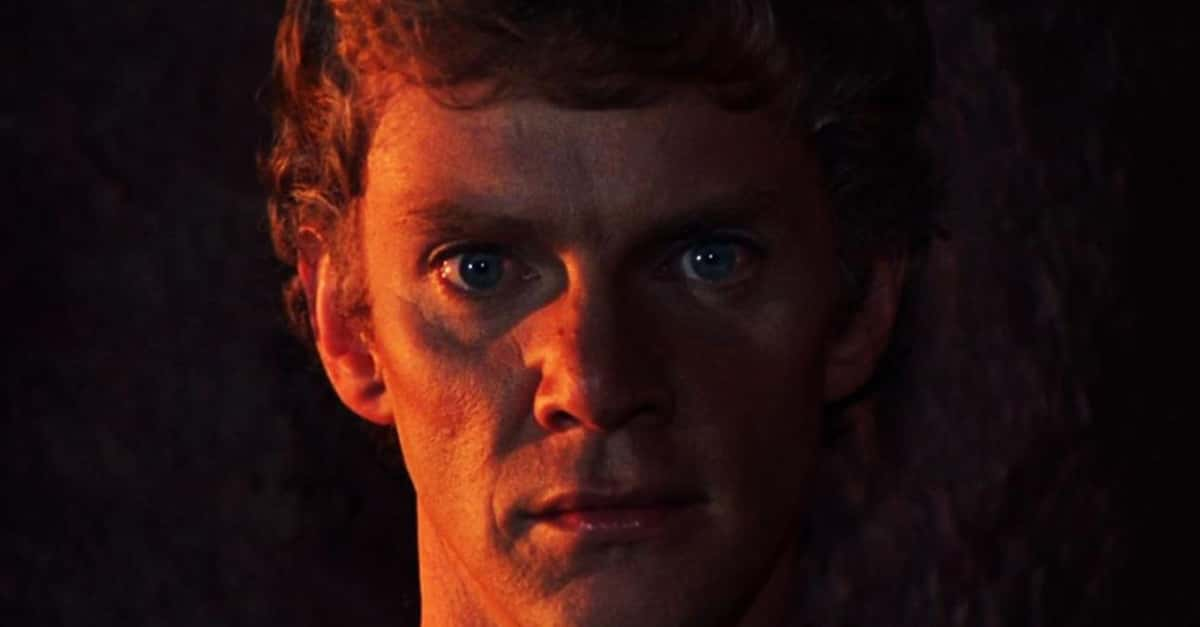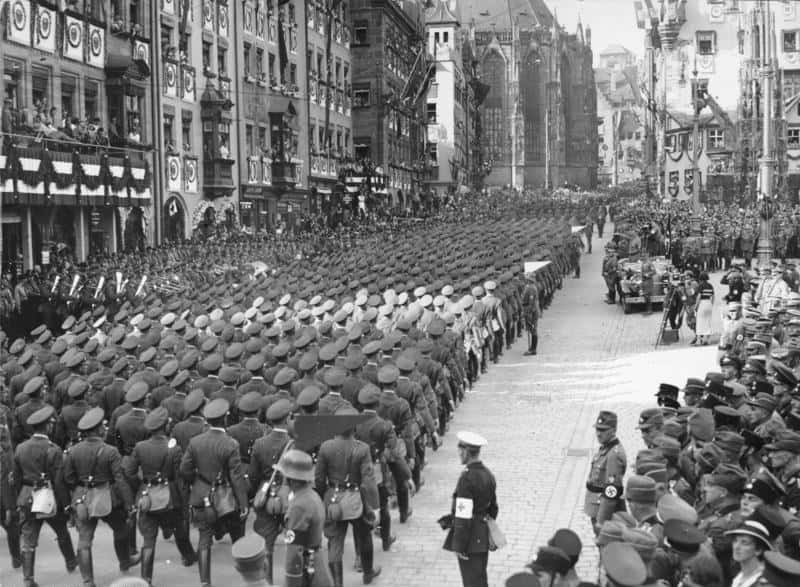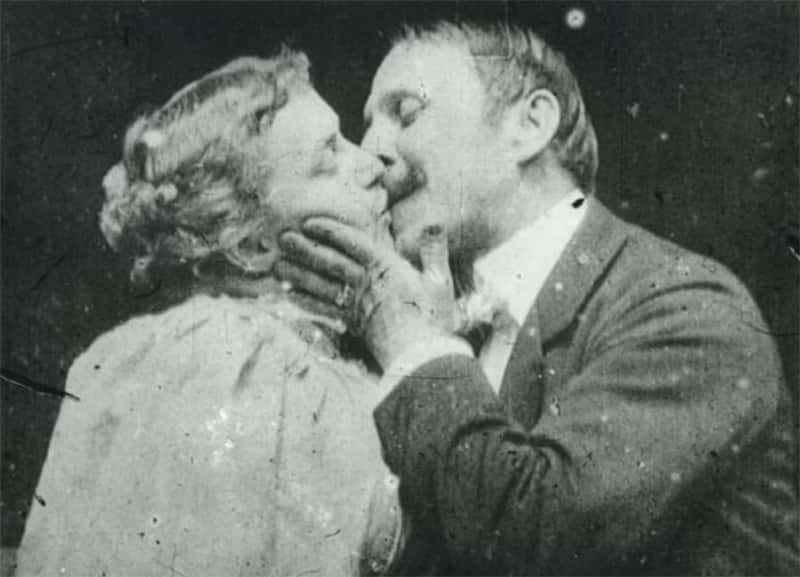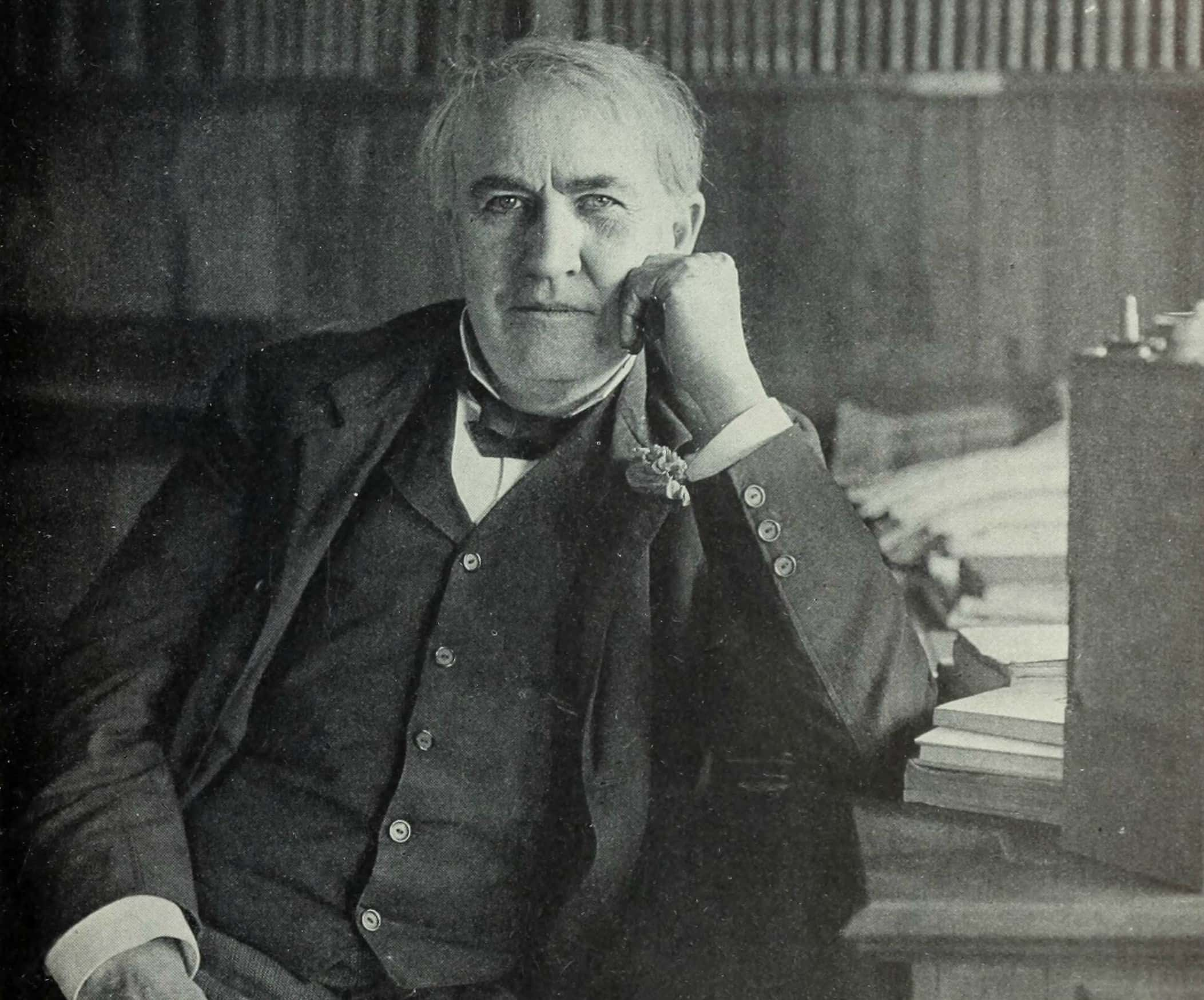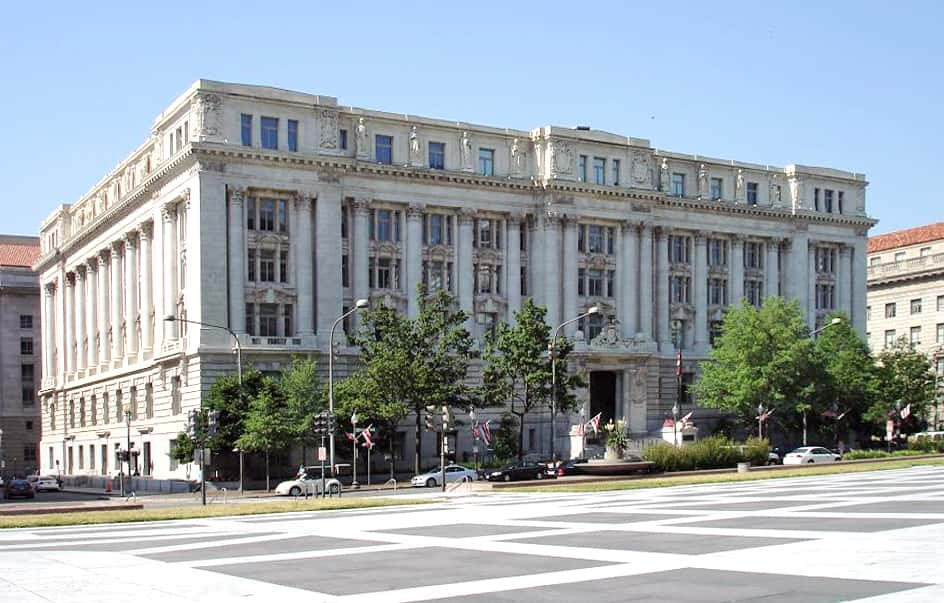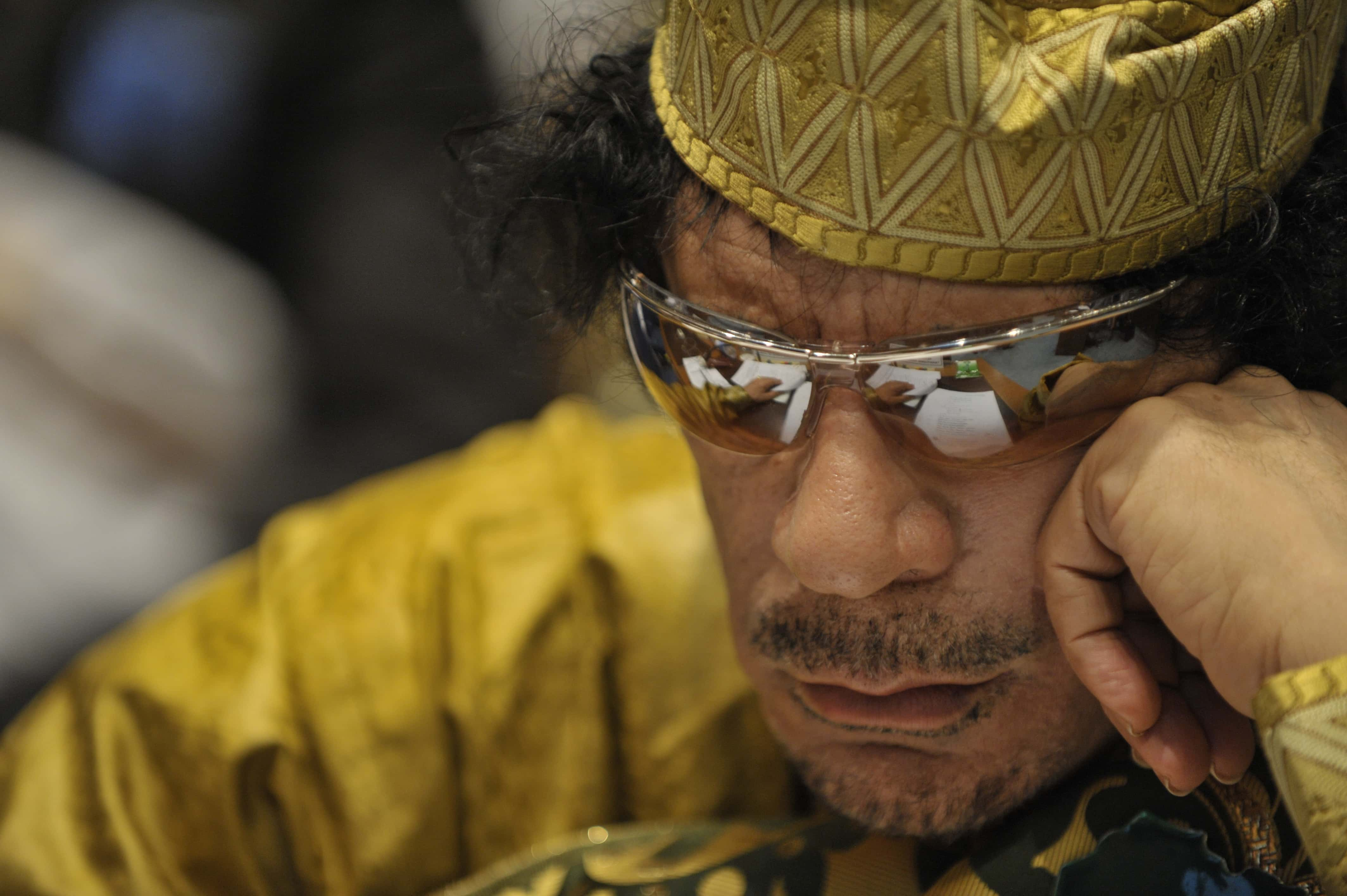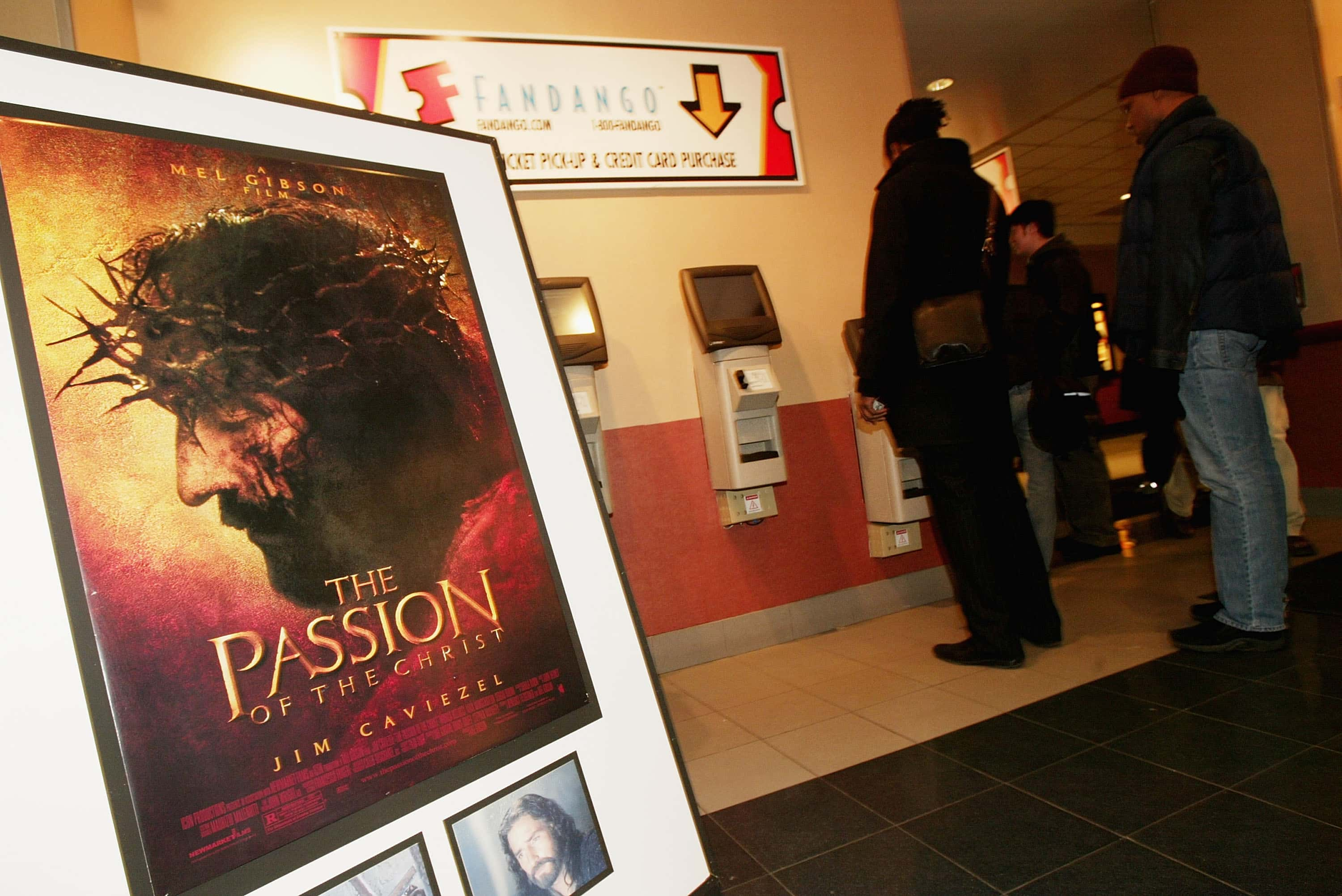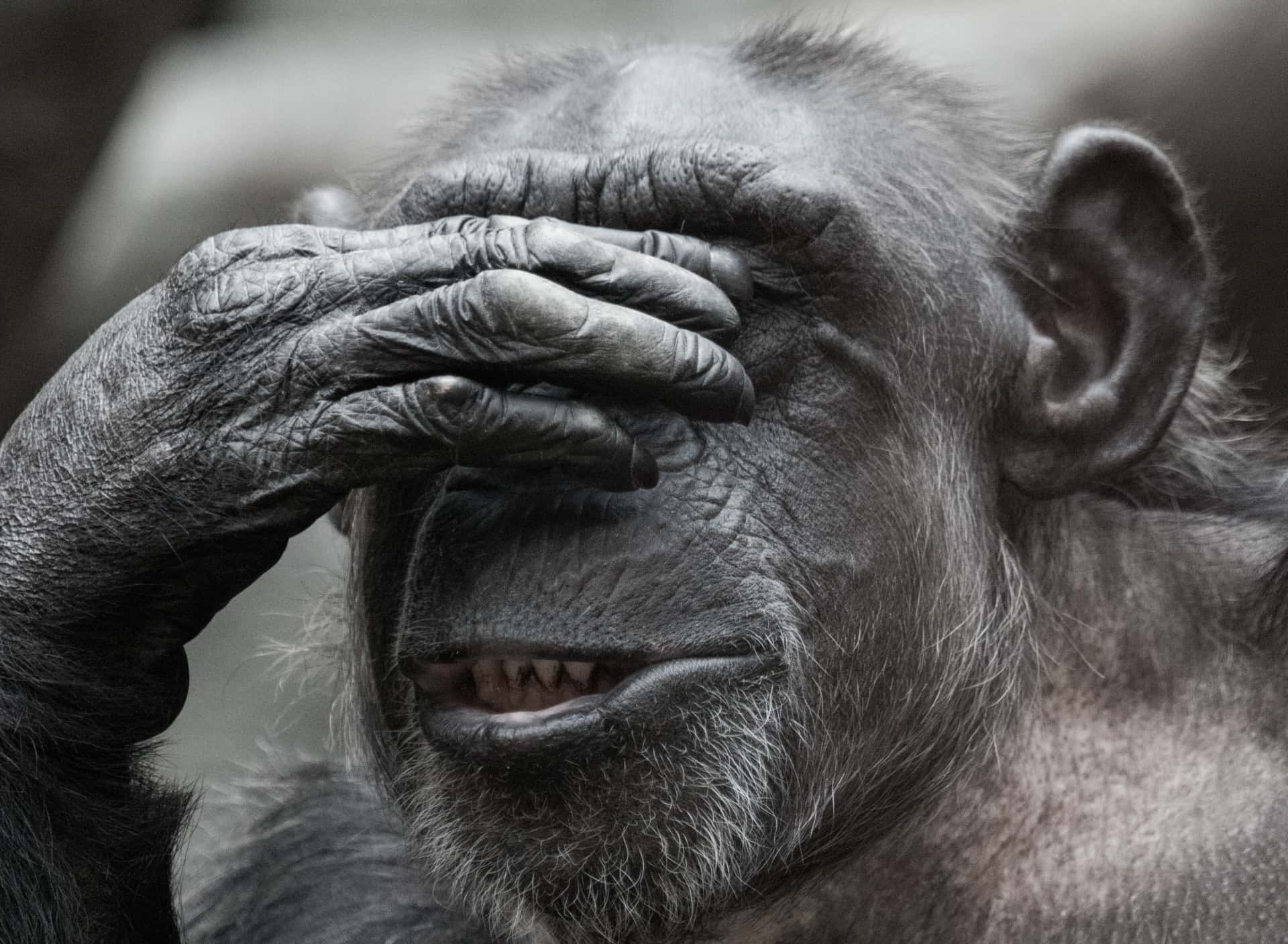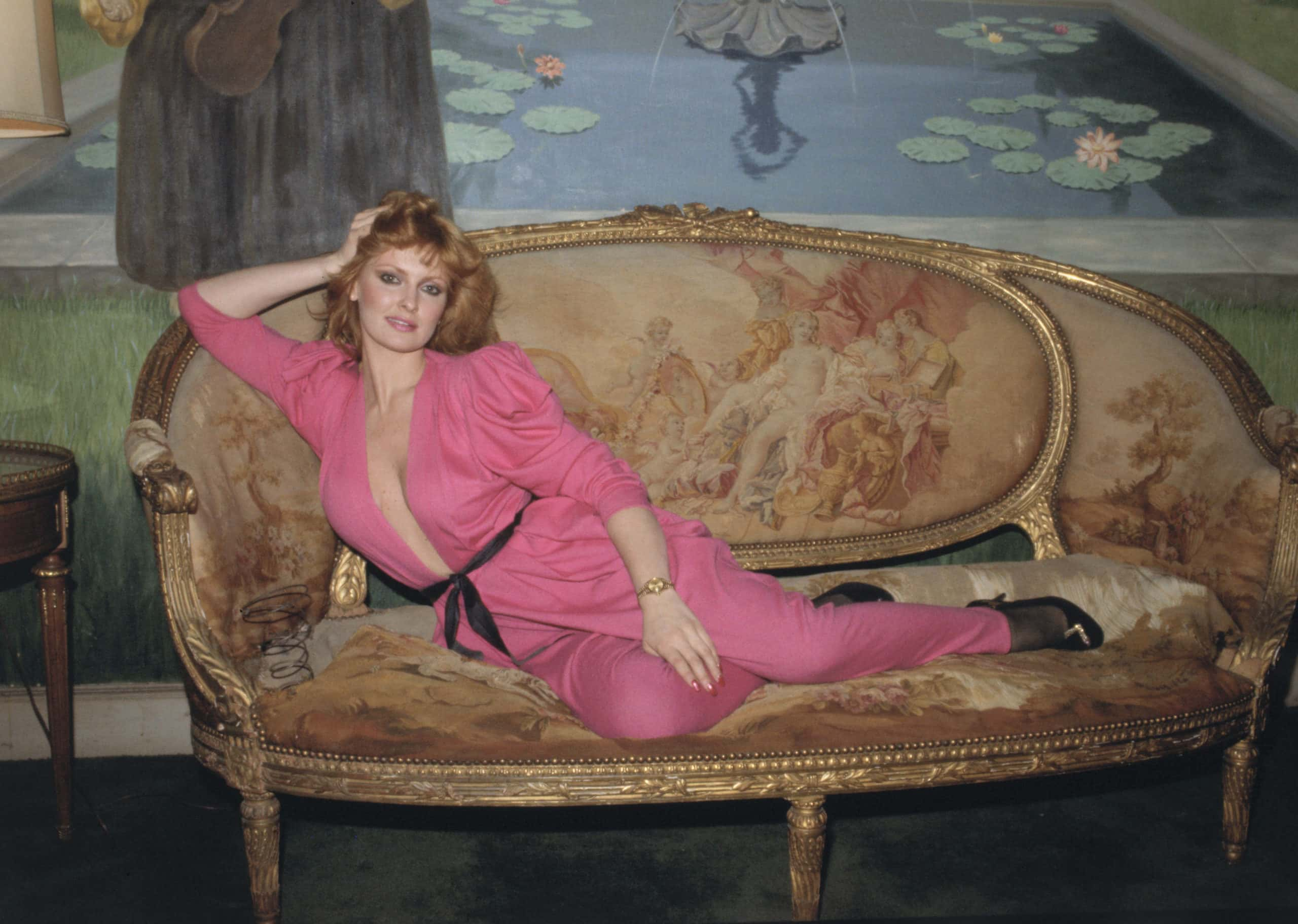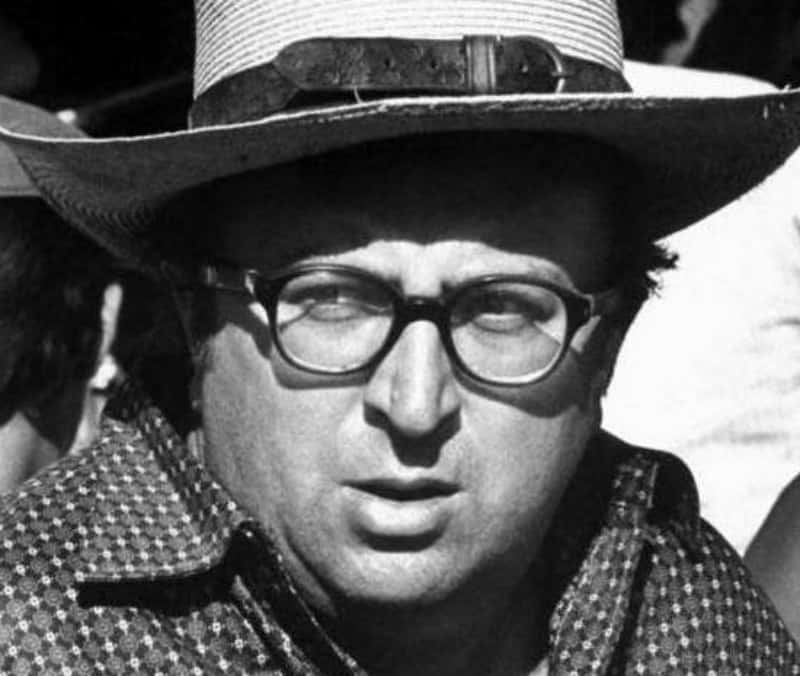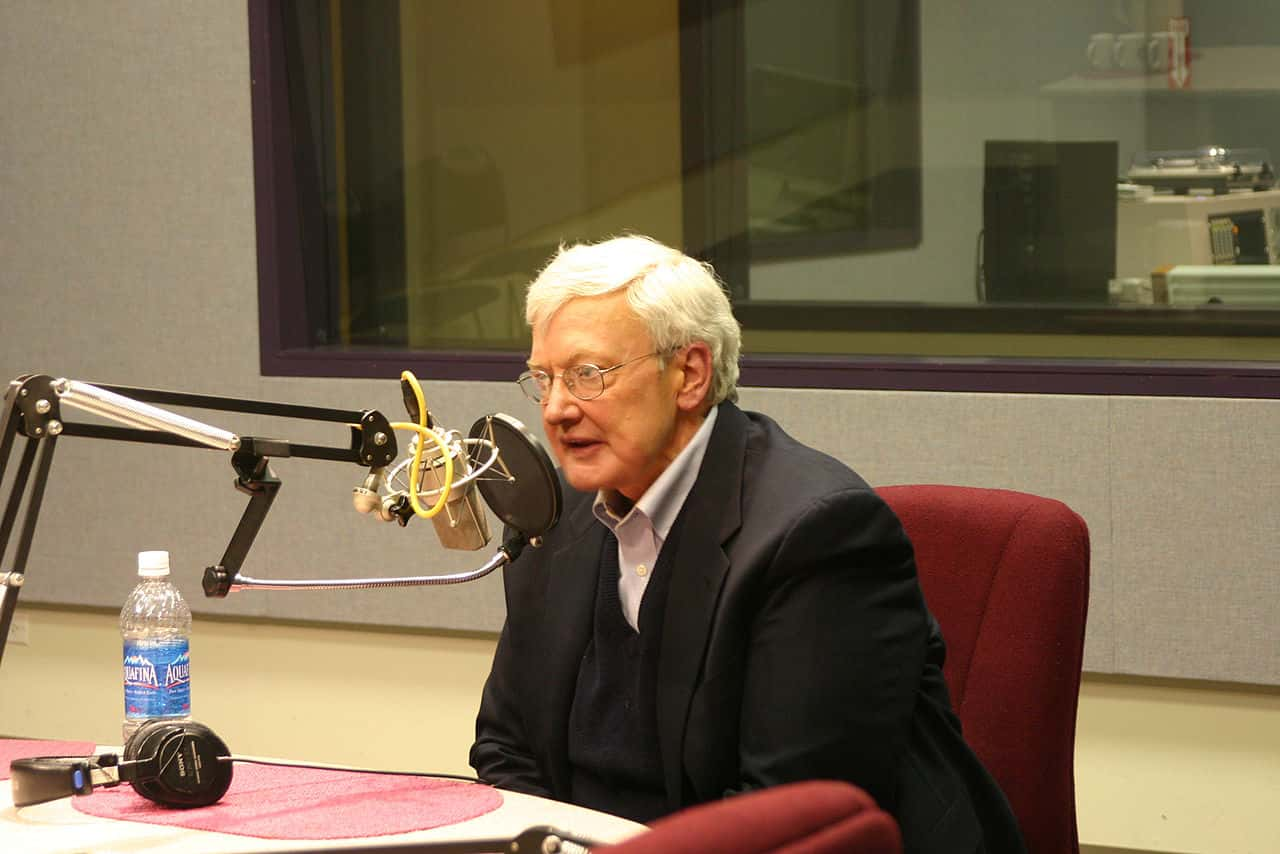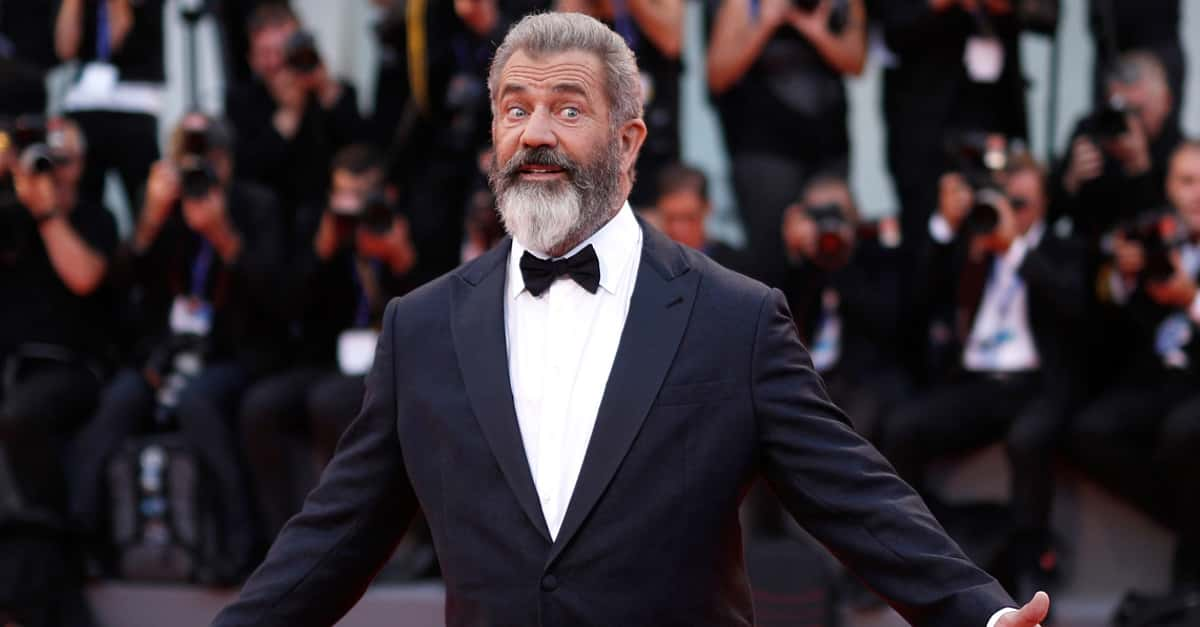"Censors tend to do what only psychotics do: they confuse reality for illusion".—David Cronenburg
For the last 125 years, films have set the tone for controversy. The earliest films may seem tame in comparison to today’s Hollywood blockbusters, but they could still provoke their audiences to shock and outrage. In doing so, they have provided modern film historians with a handy guide to the ideas and images society considered taboo at the time, while also making big money off the morbid curiosity and lustful impulses of filmgoers. And as society’s tolerance for steaminess, brutality, and other once-taboo subjects has grown, filmmakers’ capacity for imagining ever-more-shocking imagery has grown right alongside it. Here are 42 wild facts about some of the most controversial films in history.
1. Birth of a Nation
Still recognized as one of the most influential movies of all time, DW Griffith’s 1915 epic The Birth of a Nation is overtly and undeniably racist. Originally titled "The Clansman," the film indulges in stereotypes of African Americans, celebrates lynchings, and ends with a mob of white people "triumphantly" blocking a black community from voting. Nonetheless, it earned more than $10 million at the box office, making it the highest grossing film in history until the release of Gone with the Wind.
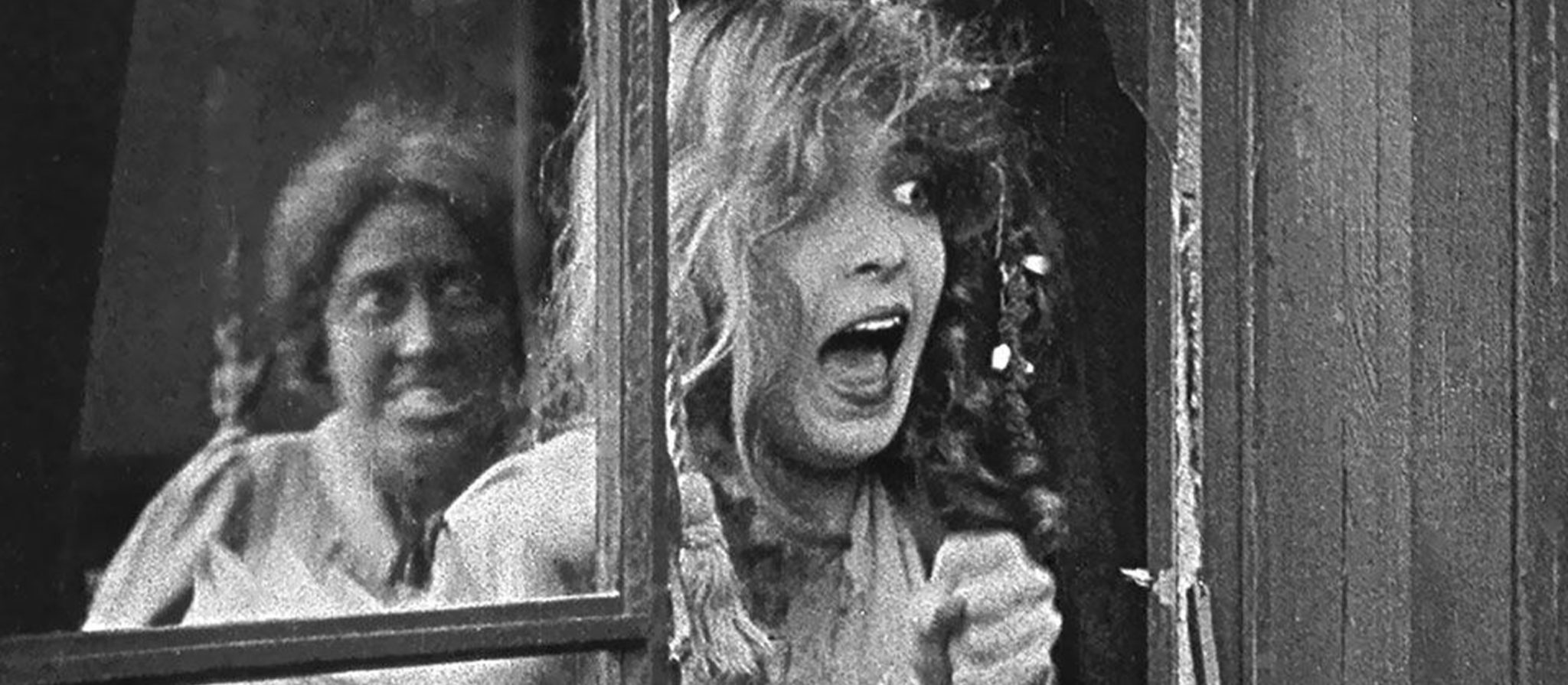
2. The President
The Birth of a Nation was the first film shown in the White House. Allegedly, then-president Woodrow Wilson said, "My only regret is that it’s all so terribly true". While Wilson denied making the statement, he was noted for his segregationist, pro-Klan views, and excerpts from his own writings had appeared in The Birth of a Nation’s title cards. Not a great look, Woody.
3. Triumph of the Walk
Filmed over six months, Leni Riefenstahl’s Triumph of the Will was meant to demonstrate the superiority of the Nazi regime, the strength of the German army, and The Fuhrer's popularity as leader. When British officials got their hands on a copy, they broadcast it sped up and set to a comic song, "The Lambeth Walk". This utterly infuriated propaganda minister Joseph Goebbels, who was said to have left a screening of the British version kicking over chairs and screaming at the top of his lungs.
4. I’m Ready for My Close-Up
Although all steamy encounters are simply implied in the 1933 German film Ecstasy, there was still enough there to shock and infuriate the more conservative side of society. A single close-up of actress Hedy Lamarr’s face was considered so indecently sensual (or sensually indecent) that the Pope himself denounced the film and the National Legion of Decency banned the film from being imported into the United States.
5. Freaking Out
Tod Browning rose to superstardom as the director of 1931’s Dracula. The following year, he used this new-found power to finally complete his passion project, a story of vengeful circus freaks. Starring actual side-show performers, the film was so intense for its time that a woman miscarried during a test screening. The film was edited to a mere hour, flopped at the box office, and Browning’s short-lived time at the top of the Hollywood food chain was over.
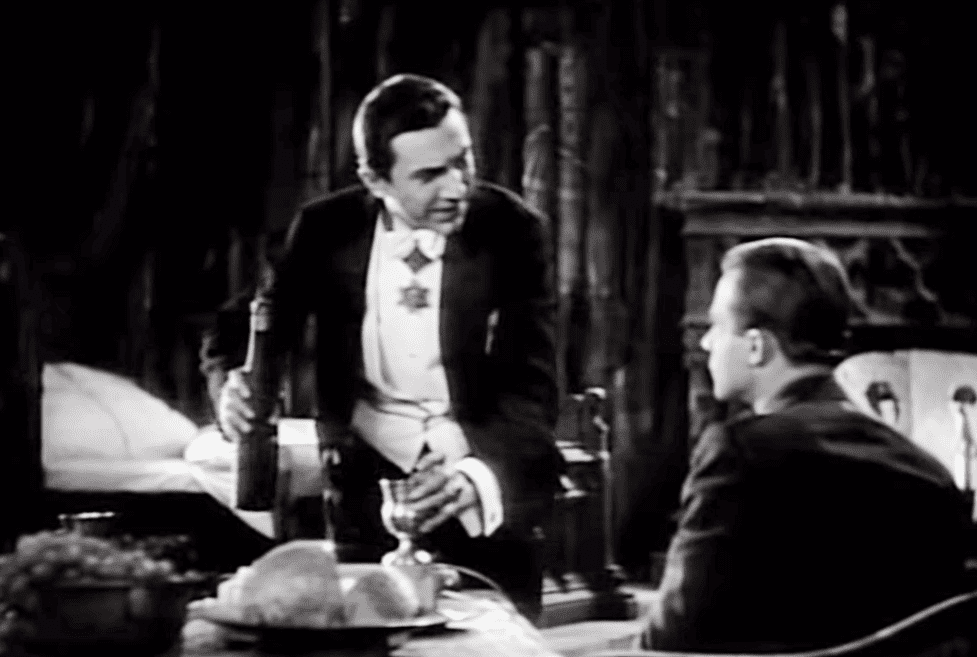 Dracula (1931), Universal Pictures
Dracula (1931), Universal Pictures
6. Different Times
Dating back to when movies were little more than grainy, black and white gifs, 1896’s The Kiss led to fervent denunciations from clergymen and moralistic newspaper editors. It’s a little light on plot—the entire movie consists of two stage actors sharing a sloppy, inelegant kiss—but it was still considered highly inappropriate at a time when public kissing was a literal judicial offense. The scandal might have been enough to kill the newborn film industry, if not for the fact that The Kiss was also extremely popular.
7. A Bright Idea
The Kiss was literally made for Thomas Edison. I guess Tommy had a bit of a raunchier side?
8. Sending the Wrong Message
In 1975, Syrian filmmaker Moustapha Akkad began production on his passion project, The Message, an epic depiction of the life of Mohammed which would be filmed simultaneously with two casts (one Arabic-speaking, one English-speaking). The prohibition on reproducing images of Mohammed did require some creative plotting, but when a false rumor spread that Charlton Heston had been cast as the prophet, riots broke out across the Middle East, leading to several losses of life.
 The Message (1976), Filmco International Productions
The Message (1976), Filmco International Productions
9. Stand Off!
Not to be outdone, an American Muslim named Hamaas Abdul Khallis led an attack on several buildings in Washington DC in response to the film. Over the course of two days, he and his followers held 149 people captive in their protest, taking the life of an officer and a reporter during the standoff.

History's most fascinating stories and darkest secrets, delivered to your inbox daily.
10. The Great Dictator
With controversies—and costs—mounting, the film’s financiers began to back out. With two massive casts and crews to pay, The Message was left in limbo until Akkad was bailed out by Libyan dictator Muammar al-Gaddafi. In fact, many Libyan army members wound up serving as extras throughout the film.
11. That’s So Cute
Otto Preminger’s 1953 film The Moon is Blue was banned in three states for its subject matter, despite the fact that it's generally seen as a harmless romantic comedy. Particular objection was made to the use of the words "virgin," "mistress," and "seduce". Slow down there, Otto!
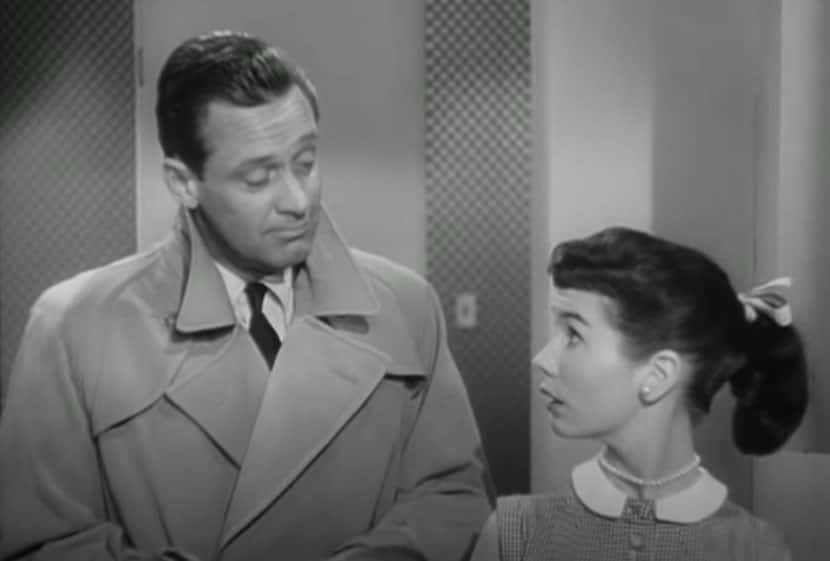 The Moon Is Blue (1953), United Artists
The Moon Is Blue (1953), United Artists
12. Danger Zone
A gruesome accident on the set of the 1983 Twilight Zone movie shocked Hollywood when it took the lives of Vic Morrow and two child actors, Myca Dinh Le and Renee Shin-Yi Chen. An investigation of the accident found critical errors in procedure, from communication breakdowns between the director, stuntmen, and effects technicians, to willful violations of child labor laws. Director John Landis and several other crew members were charged with manslaughter, but were ultimately acquitted.
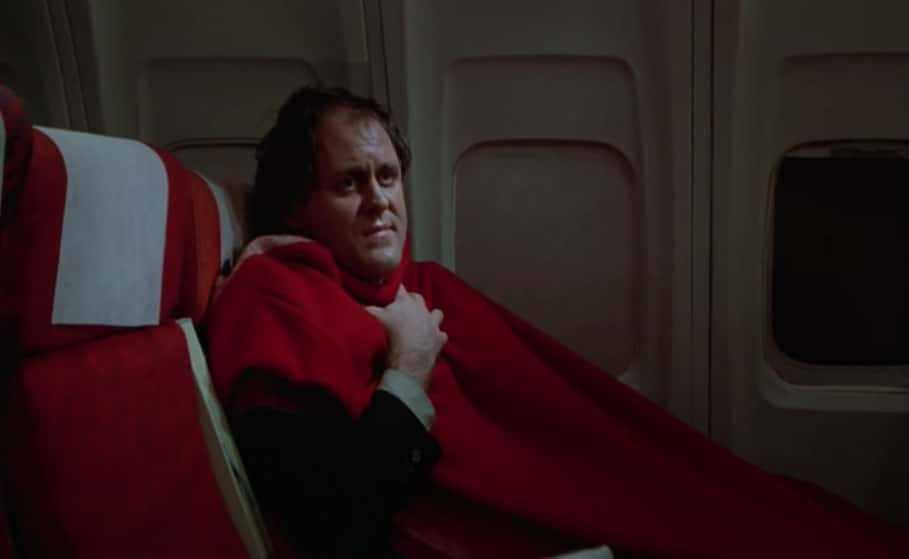 Twilight Zone: The Movie (1983), Warner Bros.
Twilight Zone: The Movie (1983), Warner Bros.
13. That’s Right
The Last Temptation was, to say the least, not particularly popular in Chile, where the government had banned the film. The Inter-American Court of Human Rights, however, ordered the country to allow the film to be shown.
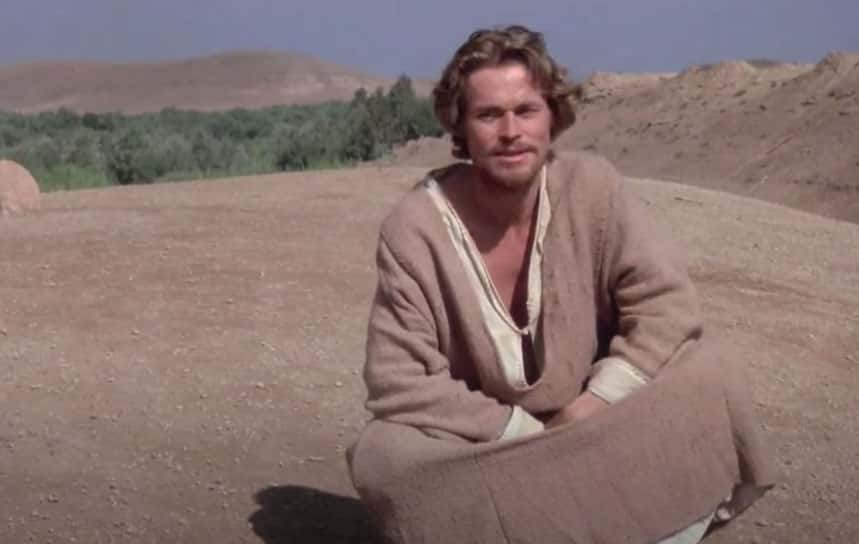 The Last Temptation of Christ (1988), Universal Pictures
The Last Temptation of Christ (1988), Universal Pictures
14. Not in My Neighborhood
The Last Temptation of Jesus Christ hasn't seen the last of censorship either—it remains banned in Singapore and the Philippines to this day.
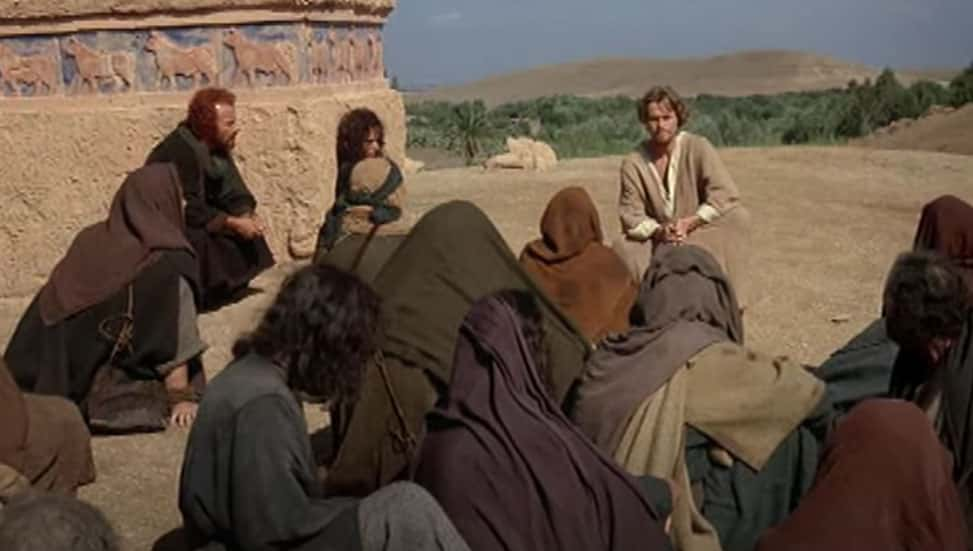 The Last Temptation of Christ (1988), Universal Pictures
The Last Temptation of Christ (1988), Universal Pictures
15. High Praise
The Passion of the Christ was much more popular with the Christian community than The Last Temptation had been. Even Pope John Paul II was said to have praised its accuracy, though the Vatican officially denied the Pope’s endorsement.
16. That’s Not What I Meant
The Passion of the Christ was condemned, however, by the Anti-Defamation League, who accused the film of antisemitism. They were joined by some Catholic scholars, who said the film failed to reflect the true attitudes of the Catholic church towards Jews. Director and producer Mel Gibson denied any antisemitic intent, though his word isn't exactly trustworthy on that particular topic.
17. Custom Fit
Ostensibly the story of Billy the Kid, the 1941 film The Outlaw notoriously gave the most prominent role to Jane Russell’s chest. Cast specifically for her bust, Russell had never appeared on screen before. The film’s producer, millionaire industrialist-recluse Howard Hughes, even designed a new style of bra which would further enhance Russell’s assets.
 The Outlaw (1943), RKO Radio Pictures
The Outlaw (1943), RKO Radio Pictures
18. Keep It on The Shelf
Throughout The Outlaw’s production, advertising emphasized Russell’s chest: at one point, producers released a poster of Russell with the caption "What are two great reasons for Jane Russell’s rise to stardom?" The suggestive focus of The Outlaw’s advertising campaign drew close scrutiny from government censors, who demanded several cuts. Hughes eventually just decided to shelve the film for a few years, which only intensified the curiosity of moviegoers.
 The Outlaw (1943), RKO Radio Pictures
The Outlaw (1943), RKO Radio Pictures
19. Midnight Cowboy
Today, Midnight Cowboy is considered a classic. However, when it was released in 1969 the film’s frank depiction of gay relationships earned it a dreaded X rating from the MPAA, all but guaranteeing the film wouldn’t be successful. Critics didn’t care and awarded Midnight Cowboy three Academy Awards. It remains the only X-rated film to win Best Picture.
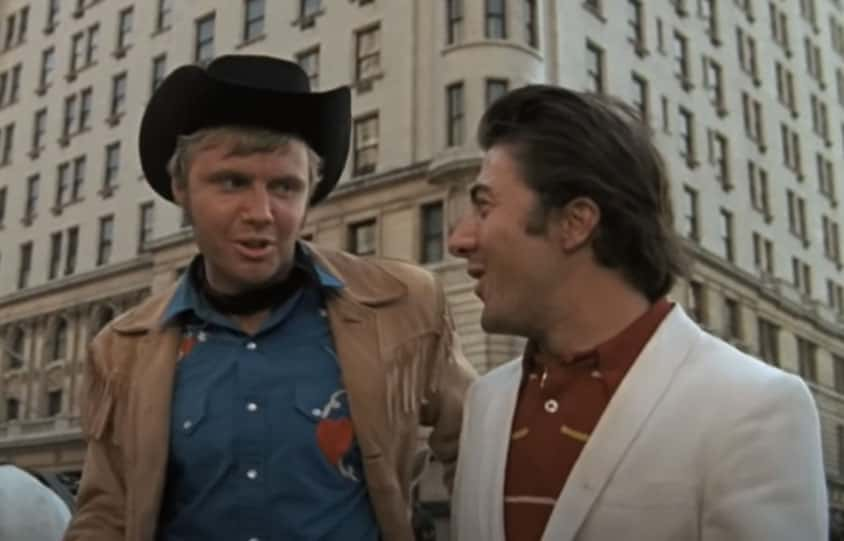 Midnight Cowboy (1969), United Artists
Midnight Cowboy (1969), United Artists
20. The Devil Made Me Do It
1971 film The Devils is based on the case of Urbain Grandier, a 17th century priest accused of witchcraft, and adapted from an Aldous Huxley novel. Despite its literary pedigree, British censors and religious groups alike took umbrage with its excessive depictions of intimacy and brutality. One critic even called it "a grand fiesta for sadists and perverts".
 The Devils (1971), Warner Bros.
The Devils (1971), Warner Bros.
21. In the Realm of the Censors
The Japanese film In the Realm of the Senses is based on the real-life slaying of Kichizo Ishida by Sado Abe. The story of Ishida’s slaying is a long and lurid one, and merely depicting the subject matter ensured the film would have a hard time passing ratings boards. In England, for example, it could only be shown in private cinema clubs, while some parts of Canada didn’t allow the film at all.
 In the Realm of the Senses (1976), Argos Films
In the Realm of the Senses (1976), Argos Films
22. A Sensible Solution
To work around the zealous censors back home in Japan, Nagisa Oshima passed In the Realm of the Senses off as a French production. By processing and editing the footage in France and then "importing" it back to Japan, Oshima was able to keep much of his film intact.
23. I Would Nazi This Movie
1975 film Ilsa: She-Wolf of the SS is, for some reason, a steamy film based on the life of Ilse Koch, wife of the commandant of the Buchenwald concentration camp. Ilsa: She-Wolf of the SS was filmed using the sets from tv sitcom Hogan’s Heroes.
 Ilsa: She Wolf of the SS (1975),Aeteas Filmproduktions
Ilsa: She Wolf of the SS (1975),Aeteas Filmproduktions
24. Song of the South
They may have provided the film background to all our childhoods, but Disney is no stranger to controversy. Their 1946 film Song of the South is a prime example: the film’s insulting depiction of black characters has kept Song of the South locked away in the Disney vault ever since. There is one part of the films legacy that stands to this day, however: it was the first appearance of the song "Zip-a-Dee-Doo-Dah," which won the Academy Award for Best Song that year.
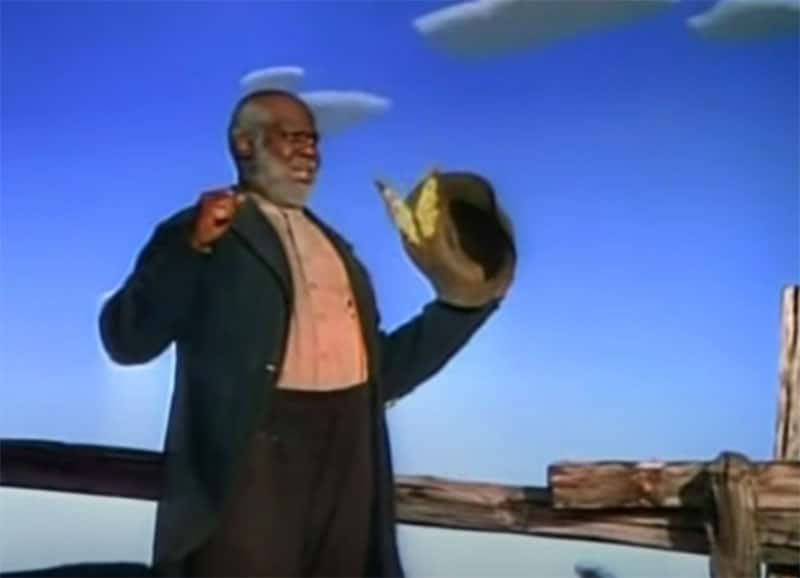 Song of the South (1946), Walt Disney Productions
Song of the South (1946), Walt Disney Productions
25. May I Have This Dance?
Bernardo Bertolucci’s film Last Tango in Paris caught immediate heat from the Italian film board for its explicit depictions of intimacy, but that didn’t stop the movie from being a critical and commercial success. Years later, the film once again drew controversy when lead actress Maria Schneider revealed at least one notable risque scene was unplanned and non-consensual.
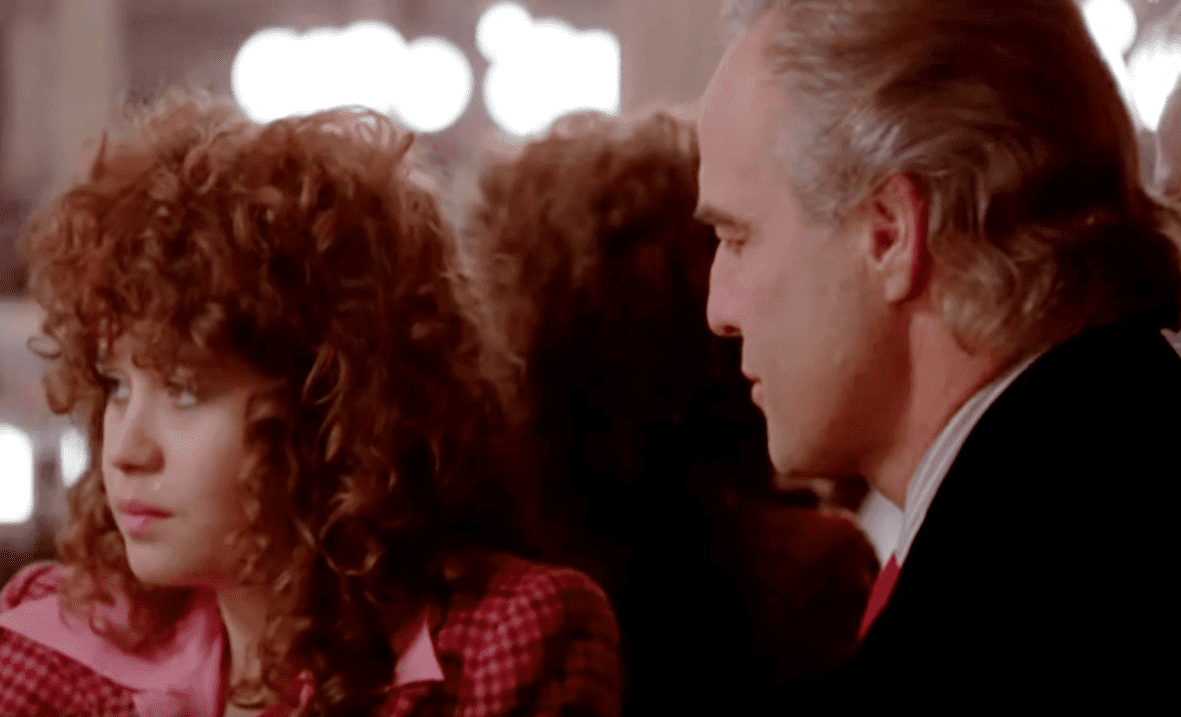 Last Tango in Paris (1972), United Artists
Last Tango in Paris (1972), United Artists
26. The Silent Treatment
According to Schneider, although he was not the victim of the on-screen defilement, co-star Marlon Brando was also shaken by the experience, where the director pushed the scene to go forward despite the fact that Schneider had not been told what was going to happen and was visibly uncomfortable. Bertolucci admits Brando did not speak to him for fifteen years after the movie finished filming.
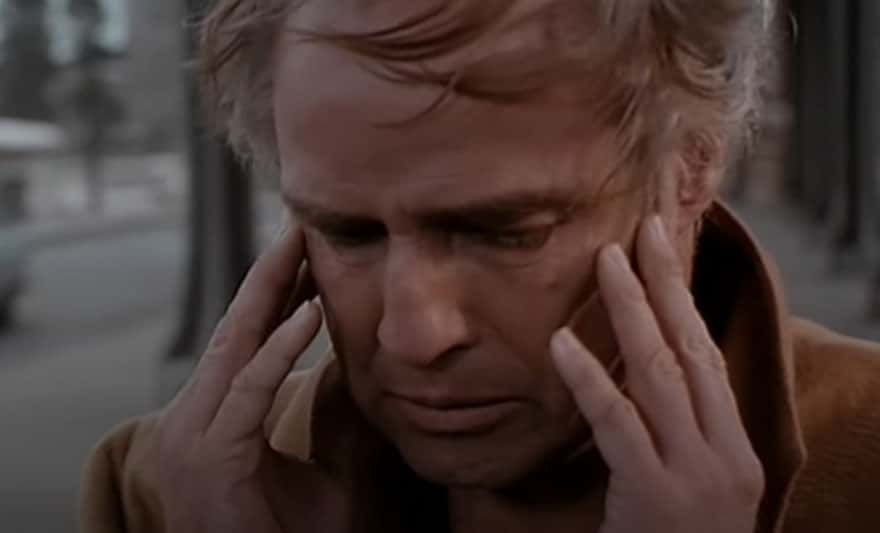 Last Tango in Paris (1972), United Artists
Last Tango in Paris (1972), United Artists
27. Video Nasties
Several films in the 1970s were dubbed "video nasties" which caused moral outrage in the United Kingdom. Arriving with the advent of VHS in the 1980s, the video nasties were 72 horror films with particularly graphic cover art, which featured a gritty realist style and lots of gore. Most of the 72 films had exploited loopholes in British film classification law to avoid censorship and rating. Perhaps the most famous of these was the original Texas Chainsaw Massacre.
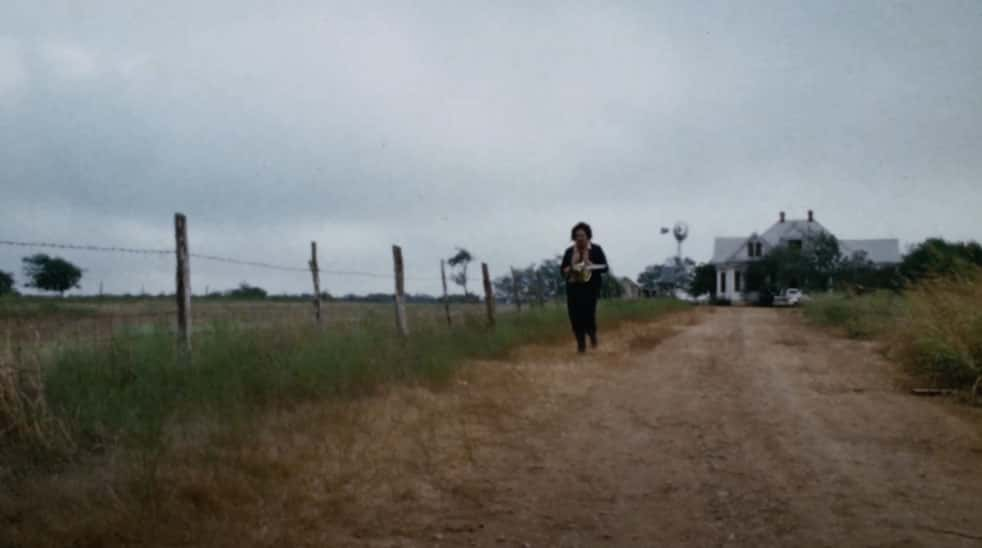 The Texas Chain Saw Massacre (1974), Vortex
The Texas Chain Saw Massacre (1974), Vortex
28. Loud and Proud
By the time of the "video nasties" controversy, ultra-gory effects (or even real brutality) had become a selling point to a lot of film-goers. Posters for the 1980 "shockumentary" Faces of Death, a film which contained scenes of an island tribe eating a live monkey’s brains, declared proudly that the film had been banned in 40 countries.
29. It’s Only Make Believe…
Don’t worry, Faces of Death’s monkey scene was faked. Most of the other footage, however—a snake being devoured by piranha, scenes from slaughterhouses and bull fights, and real-life autopsies—was very real and cobbled together from news reports, and archival and stock footage. Remember, there was apparently a movie somewhere in all of this.
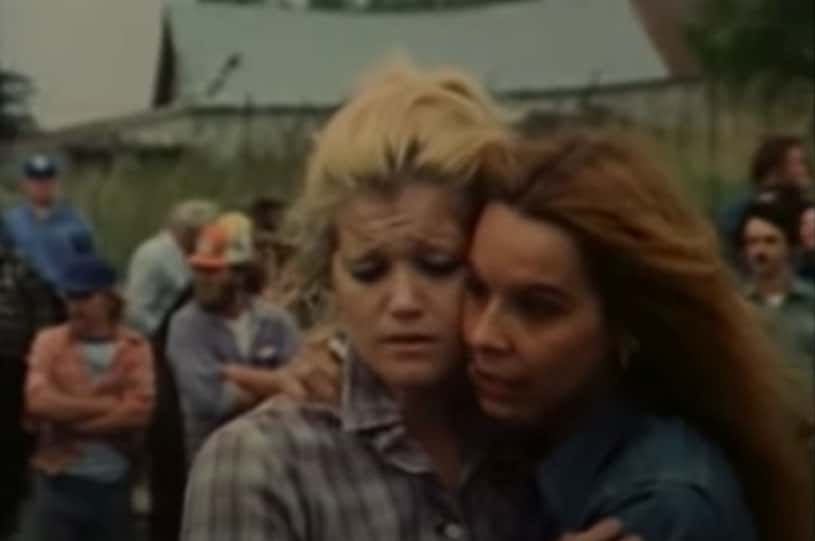 Faces of Death II (1981), F.O.D. ProductionsF.O.D. Productions
Faces of Death II (1981), F.O.D. ProductionsF.O.D. Productions
30. Fish Gotta Swim
Tired of being dismissed as "the Penthouse guy," steamy literature publishing giant Bob Guccione aimed for film prestige, enlisting novelist and intellectual Gore Vidal and critically acclaimed filmmaker Tinto Brass to help him produce an epic biography of the depraved Roman emperor Caligula. Despite his highbrow help (and a murderers’ row of actors that included Malcom McDowell and Helen Mirren), Guccione couldn’t help splicing scenes of explicit acts into Caligua. Oops!
 Caligula (1979), Penthouse Films International
Caligula (1979), Penthouse Films International
31. Jackpot!
Guccione’s additions to the film didn’t just sit poorly with censors; many actors involved had no idea about Guccione’s scheme. One actress, Anneka Di Lorenzo, sued him, saying her association with the X-rated film was damaging her career. A judge agreed and ordered Guccione to pay Di Lorenzi a whopping four dollars and six cents.
32. How Dare You?!
Gore Vidal respectfully requested his name be removed from the film, not because of the steamy scenes, but because he was angry about certain liberties Tinto Brass and Malcolm McDowell had taken with the script.
33. It’s A Miracle!
The Miracle (a short film starring and written by a pre-fame Federico Fellini) ran afoul of the Catholic Church for its depiction of a deluded young woman who believes she is the Virgin Mary. Attempts to import the movie into the United States led to Burstyn v. Wilson, the Supreme Court Case which declared films were protected under free speech. So, in a way, you have this movie to thank for Cannibal Holocaust. Weird.
 "L
"L
34. Pink Flamingos
Shot on a budget of just $10,000, gross-out picture Pink Flamingos became an unexpected commercial and critical success, and launched the careers of director John Waters and his star, Divine. A sequel, Flamingos Forever, was planned, but by the time it came to actually make it, Divine was trying to build a more "respectable" film career, and it never made it past the planning process.
 Pink Flamingos (1972), Dreamland
Pink Flamingos (1972), Dreamland
35. A Cruddy Job
In Pink Flamingos' closing (and perhaps most disgusting) scene, star Divine takes a bite out of dog doodoo. Both Waters and Divine confirm that the scene was real, with Waters downplaying the grossness: "It was just a little piece of dog [poo]", he said, "but it made her a star".
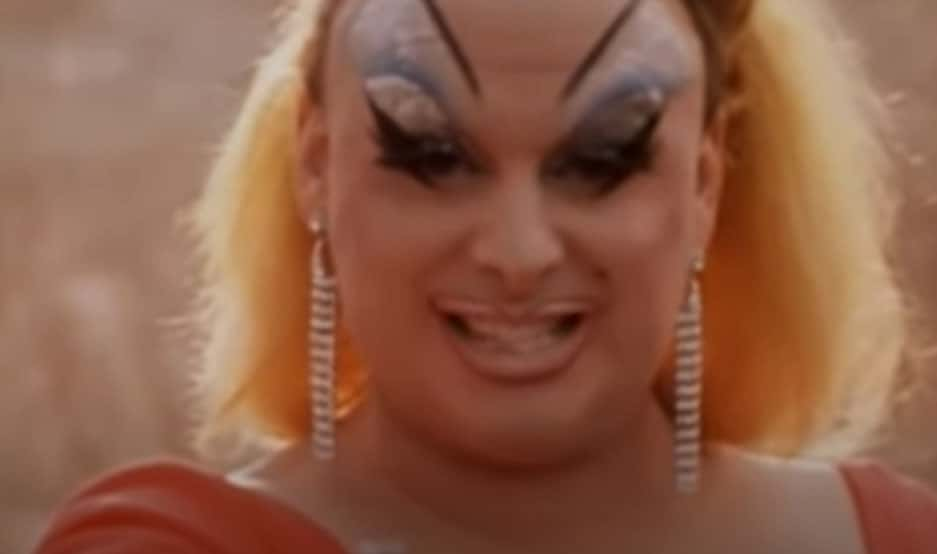 Pink Flamingos (1972), Dreamland
Pink Flamingos (1972), Dreamland
36. Health Assurance
Star or not, Divine did call a hospital immediately after the scene, pretending to be a mother whose child just ate a piece of poo. The operator assured Divine "her child" would be fine.
37. Wrongly Accused
The gory and gruesome Cannibal Holocaust was marketed as a real-life documentary. Filmmaker Ruggero Deodato was so committed to the illusion that he forced the actors to sign contracts promising not to appear in public until long after the film’s release. The plan worked a little too well: Deodato was detained for murder, and was only able to clear his name by presenting the very-much-alive actors to authorities.
38. Fair Warning
To be fair, Deodato had been warned. His idol, legendary Italian filmmaker Sergio Leone, wrote to Deodato congratulating him on the picture and warning him "everything seems so real, I think you will get in trouble with all the world". You got that one right Sergio.
39. It’s Only A Movie
Martin Scorsese’s The Last Temptation of Jesus Christ stirred up controversy with its suggestion that Christ had an intimate relationship with Mary Magdalene. One group of French Catholics were so incensed by the film they blew up a Parisian theatre that was showing the film, wounding thirteen people.
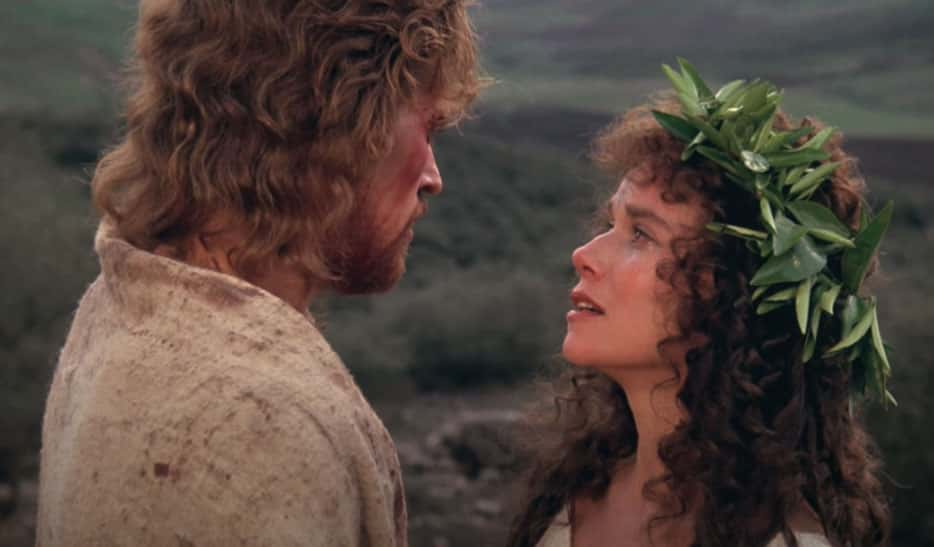 The Last Temptation of Christ (1988), Universal Pictures
The Last Temptation of Christ (1988), Universal Pictures
40. 120 Days of Sodom
The Italian film Salò, or the 120 Days of Sodom took an extremely explicit approach when commenting on the horrors of life under fascism. Salò, with its depictions of defilement, mutilation, and coprophagia, was banned in Canada, the UK, Australia, and several other countries. Its controversial reputation only grew when director Pier Paolo Pasolini was found slain just weeks before the film’s premiere.
 Salò, or the 120 Days of Sodom (1975), United Artists
Salò, or the 120 Days of Sodom (1975), United Artists
41. The Best of a Bad Situation
Despite Salò’s disgusting, horrifying imagery, the actors claim filming the movie was a lot of fun. Many cast members were teenagers who had never acted before, and they spent their downtime playing soccer and pranking each other.
 Salò, or the 120 Days of Sodom (1975), United Artists
Salò, or the 120 Days of Sodom (1975), United Artists
42. Two Thumbs Down
Though he owned a copy of the film (on LaserDisc of all things), beloved film critic Roger Ebert just couldn’t bring himself to watch Salò.
Sources: 1, 2, 3, 4, 5, 6, 7, 8, 9, 10, 11, 12, 13, 14, 15, 16, 17, 18, 19, 20, 21, 22, 23, 24, 25

